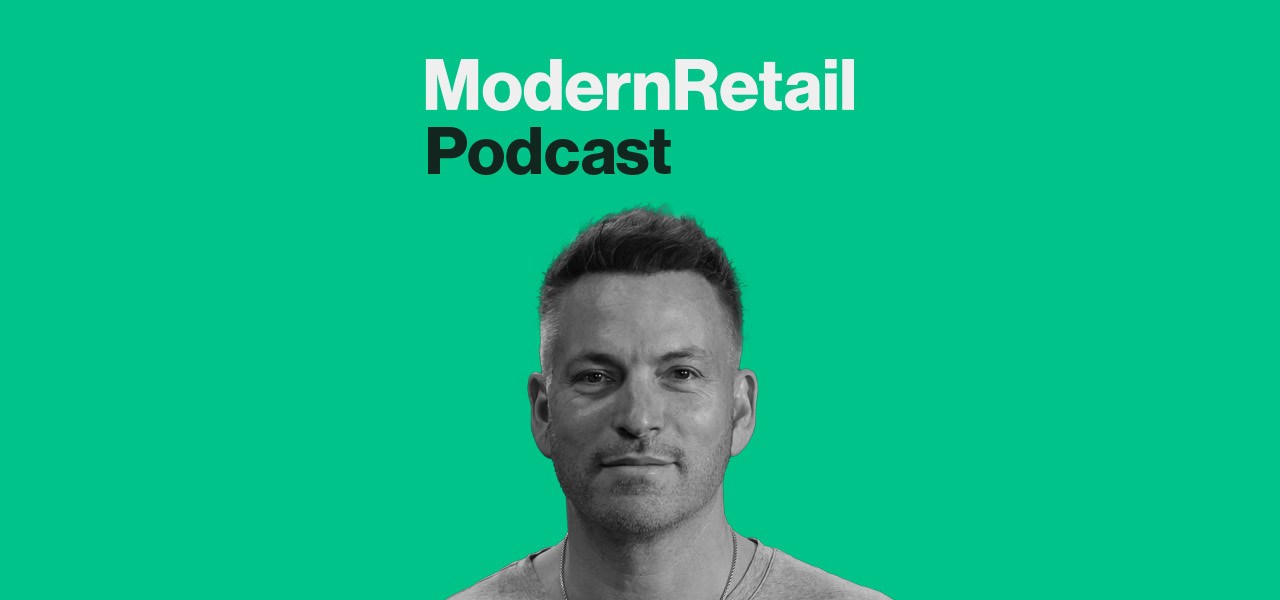‘Everybody kind of laughed at us’: HexClad CEO Daniel Winer on being an early DTC cookware company — and catching the eye of Gordon Ramsay

Subscribe: Apple Podcasts • Spotify
The DTC pots and pans market is crowded, to say the least. But one early entrant continues to grow.
HexClad was founded in 2016 with the then-bizarre idea that people would be willing to buy their cookware online rather than from major brick-and-mortar retailers like Williams-Sonoma. The bet paid off — this year, HexClad is on track to exceed $350 million in revenue and has high-profile business partners like celebrity chef Gordon Ramsay.
But it took some time to get people to warm up to the idea of HexClad’s business model, said CEO and co-founder Daniel Winer. “Everybody kind of laughed at us,” he said on this week’s Modern Retail Podcast.
But after some trial and error and proving out the business, HexClad has been able to grow and expand beyond pots and pans to other parts of the kitchen like knives. The brand is most known for its hybrid nonstick and stainless steel pan. The idea, said Winer, was to make “a better mousetrap.” And that ethos has continued as its grown.
“We keep with the same philosophy, which is: it will be of the highest quality,” said Winer. “Whenever possible, it will be completely innovated.”
This is likely what caught the eye of Gordon Ramsay. But, according to Winer, Ramsay wasn’t interested in being just a celebrity spokesperson. He’s now a part-owner in the brand. “He wants to be part of the strategy,” he said. “He wants to help design the products.”
Ad position: web_incontent_pos1
With this growth comes questions about strategy. HexClad is sold mostly online with one retail account: Costco. “Costco is a unique animal because it should be uncool to shop there — but it’s not,” Winer said. But HexClad has opted to use that as its one wholesale channel rather than expanding into other well-known homewares stores.
The focus, then, is on growing the audience — and global expansion is a big part of it. While the international business is still relatively small, Winer has high hopes.
“In a perfect world, we would love to get to the point that maybe in one to two years, that international would be between 25% and 30% of our overall business,” he said.
Here are a few highlights from the conversation, which have been lightly edited for clarity.
Difficulties finding investors
“I went out and tried to raise money, and I heard a couple things. I heard, one: ‘You want to go in the cookware space? You’re crazy. It’s too competitive. You’ll never get shelf space.’ and I go, ‘Aha! I don’t want shelf space because we’re going to be the first direct-to-consumer cookware brand.’ And I got laughed out of offices for that. They were like, you don’t buy cookware that way. What you do is you go to Bed Bath & Beyond, you go to William Sonoma — and you go, you feel the pan, you pretend you’re flipping omelets in the store. And that’s the way people buy frying pans. So essentially, everybody kind of laughed at us.”
Ad position: web_incontent_pos2
Why HexClad sells in Costco
“Costco is a unique animal because it should be uncool to shop there — but it’s not. I live in LA, you pull into the Costco [parking lot] and you’re parked next to a Rolls Royce. And that guy who’s driving the Rolls Royce, he and his wife are eating a $3.50 hotdog and they got their $6 rotisserie chicken in her bag. But they can also buy a $500 bottle of wine there. So it’s just this very unique thing. So we kind of felt like that with the storytelling aspect of the roadshow would be a good retail partnership.”
How Gordon Ramsay helped propel the business
“[Gordon Ramsay] wants to be part of the strategy. He wants to help design the products. He’s very into all the aspects. It’s not just like a paid partnership. I talk to him regularly and we spend time regularly — we strategize regularly. And he uses our products in his restaurants in his chefs love them. Whether it’s his three Michelin star or his pizza place, they’ll use our products. So that’s all helped accelerate our growth. And then also, we have in the last 14 to 16 months expanded globally.”

